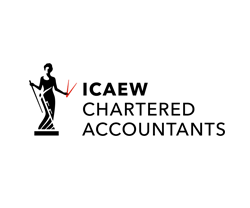March 19th, 2019
High Income Child Benefit Charge (HICBC)
Introduced in January 2013, the HICBC continues to cause taxpayers unexpected problems if they claim the benefit and then find themselves in a situation where they or their partner’s income exceeds £50,000.
Action points
- If you or your partner’s income exceeds £50,000 and you continue to receive Child Benefit payments then you are required to declare the amount of Child Benefit that you or your partner receive by registering for Self-Assessment and completing a tax return each year.
- Elect to stop receiving Child Benefit – you need to inform HMRC either by calling The Child Benefit Helpline, via your online personal tax account or in writing to the Child Benefit office. This election can be withdrawn if circumstances change. HMRC provide an example in their child Benefit manual whereby an individual decides not to receive their Child Benefit payments for 2016-17 because they expect their partner’s income to be £80,000 in that year. When their partner submits their 2016-17 tax return in December 2017 actual income was £48,000. The individual can revoke their election and get the Child Benefit payments they were entitled to receive for 2016-17.
Reasons to claim
- The individual claiming Child Benefit (even if payments are elected not to be received) will preserve their entitlement to National Insurance Credits for children under 12. It is for this reason that the parent that stays at home should make the Child Benefit Claim.
Taxplanning
The HICBC is based on your adjusted net income (basic salary plus benefits, rental income etc less pension contributions and donations to charity). It therefore follows that if you are only just exceeding the charge threshold that you could make a pension contribution or charitable donation that would bring you outside of the charging regime in a perfectly legitimate way.





